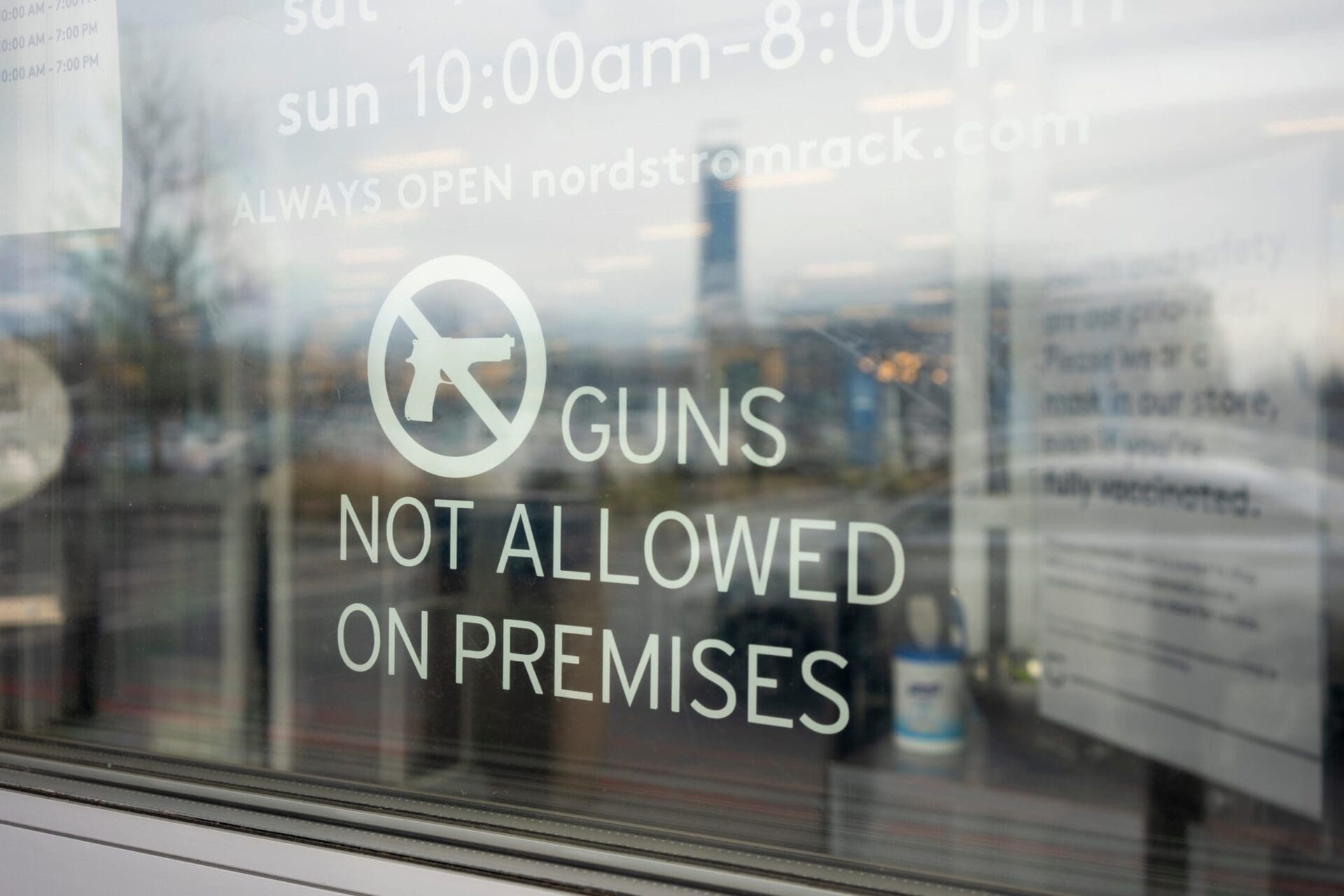So, I just got to thinking about it today... My workplace is right across the street from a 2 school campus.... Could that present a carry law issue? I figure because the place of business is private property and the owner is ok with it that it shouldn't.... but I would rather be positive on this..
Thanks Brothers!
Thanks Brothers!






 B) Subparagraph (A) does not apply to the possession of a firearm -
B) Subparagraph (A) does not apply to the possession of a firearm -
